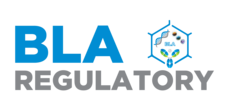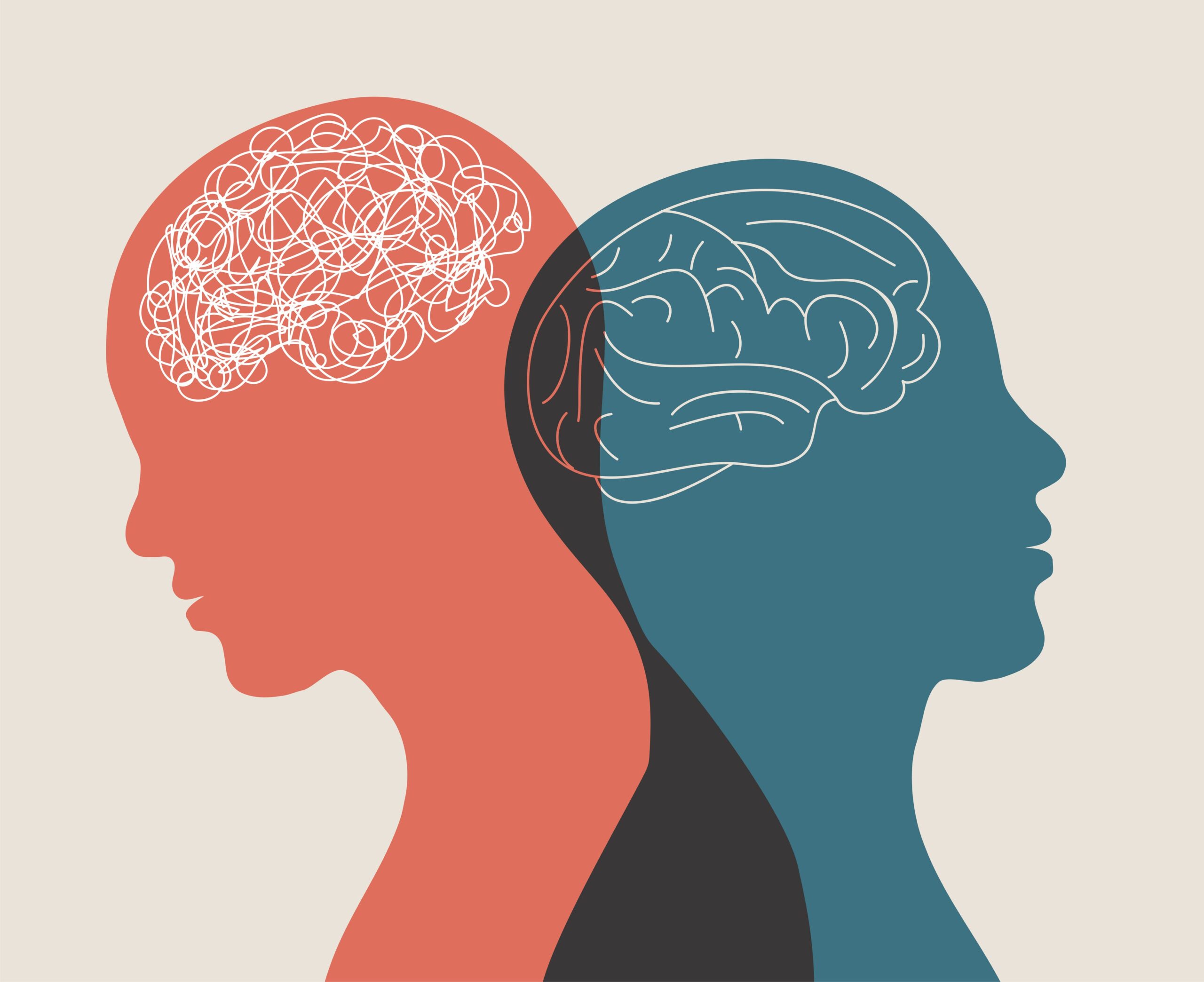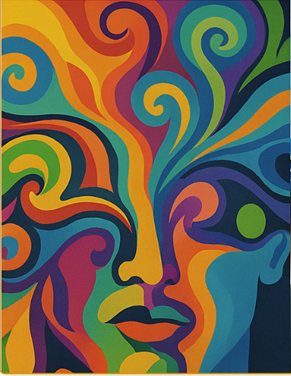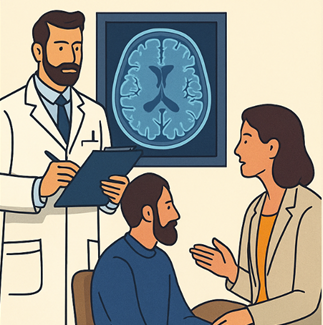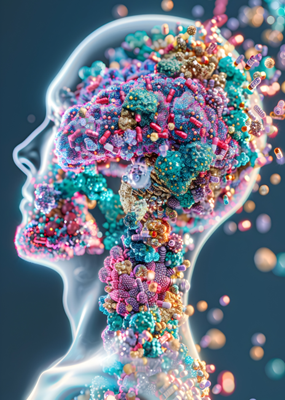From Counterculture to Clinical Care
After decades of prohibition and stigma, psychedelic compounds are undergoing a dramatic re-evaluation by the global medical and regulatory communities. Once relegated to the fringes of psychiatry, substances like psilocybin, MDMA, and LSD are now the focus of serious scientific inquiry and policy reform. In the United States, the Food and Drug Administration (FDA) is playing a pivotal role in this resurgence, issuing regulatory guidance, supporting clinical trials, and fostering dialogue with public and private stakeholders.
This newsletter explores how the FDA and other international health authorities are paving the way for safe, evidence-based psychedelic therapies to treat conditions ranging from depression to PTSD.
The journey is one of both promise and complexity—a balancing act between urgent need, scientific rigor, and societal skepticism.
